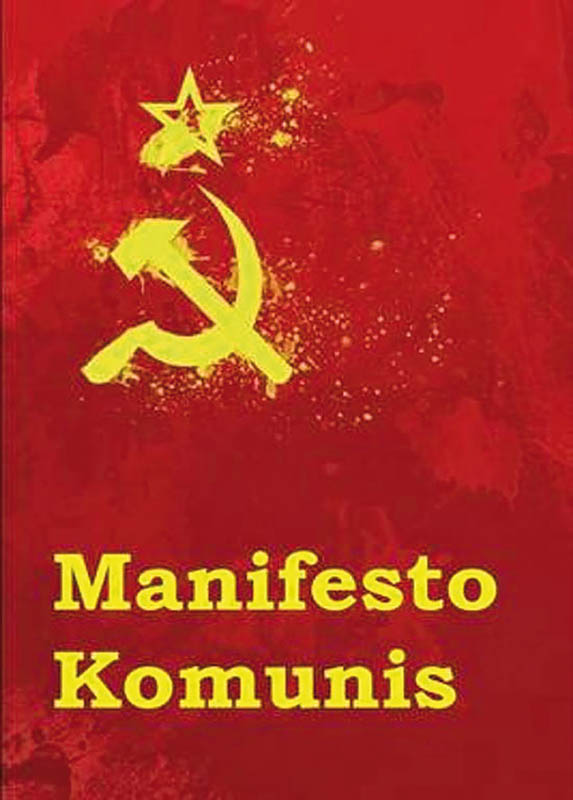IIAS Fellow in the spotlight: Oliver Crawford
Indonesian Translations of Marx and Engels
My research in Leiden explores translations of The Communist Manifesto made in Indonesia from the 1920s to the 1960s. During these tumultuous years, which saw the growth of the Indonesian nationalist movement, the proclamation of the Indonesian Republic (1945), and the initial period of democracy and ‘Guided Democracy’ after independence (1950-65), Marx and Engels were not only two of the most influential Western political thinkers in Indonesia, they were also the most translated. Their Communist Manifesto was translated into Malay and Bahasa Indonesia in 1923, 1925, 1946 (twice), and 1948, with various reprints being published until 1964.
These translations offer a valuable insight into how Indonesians engaged with Marxism and how this engagement evolved over time. Translators frequently noted the difficulty of translating the Marx and Engels texts, due to their heavy use of terms that referred to European history, society and politics, which had no obvious Indonesian equivalents. Yet the text itself seemed to invite translation, offering a universal schema of historical and social development that applied to all nations, including Indonesia. Indeed, many of the versions of the text that reached Indonesia were themselves Dutch and English translations of the German original, underlining the Manifesto’s translatability.

Indonesian translation of The Communist Manifesto.
Through my research I will investigate the different approaches adopted by the Indonesian translators. Which terms were considered entirely foreign and so untranslatable? Which were exchanged for vernacular words? What role was there for Javanese and Arabic terms? Did the translations notably change between the 1920s and the 1960s? Answering these questions will show how Indonesians mediated between Western culture and their own, and how they attempted to make the writings of two nineteenth-century German philosophers comprehensible in a mainly Islamic, Southeast Asian country.
My project is a case study in a ‘global’ approach to intellectual history, which seeks to understand how transnational ideologies, such as Marxism, interacted with existing patterns of religion and culture as they spread, rather than treating these ideas as unproblematically universal. As such, my research fits with the IIAS’s ‘Global Asia’ project’s stated goal of seeing the circulation of ideas through Asia not as a hegemonic transmission of ideas from West to East but as a dialogue, in this case a dialogue between Marx and his Indonesian interpreters.
Leiden is the ideal place to conduct this research because many of the Indonesian translations of The Communist Manifesto are available in the collections of Leiden University. Leiden also has a distinguished history as a centre for the study of Indonesian history. I look forward to contributing to the vibrant intellectual community in Leiden and furthering our understanding of a central strand of Indonesia’s intellectual history.